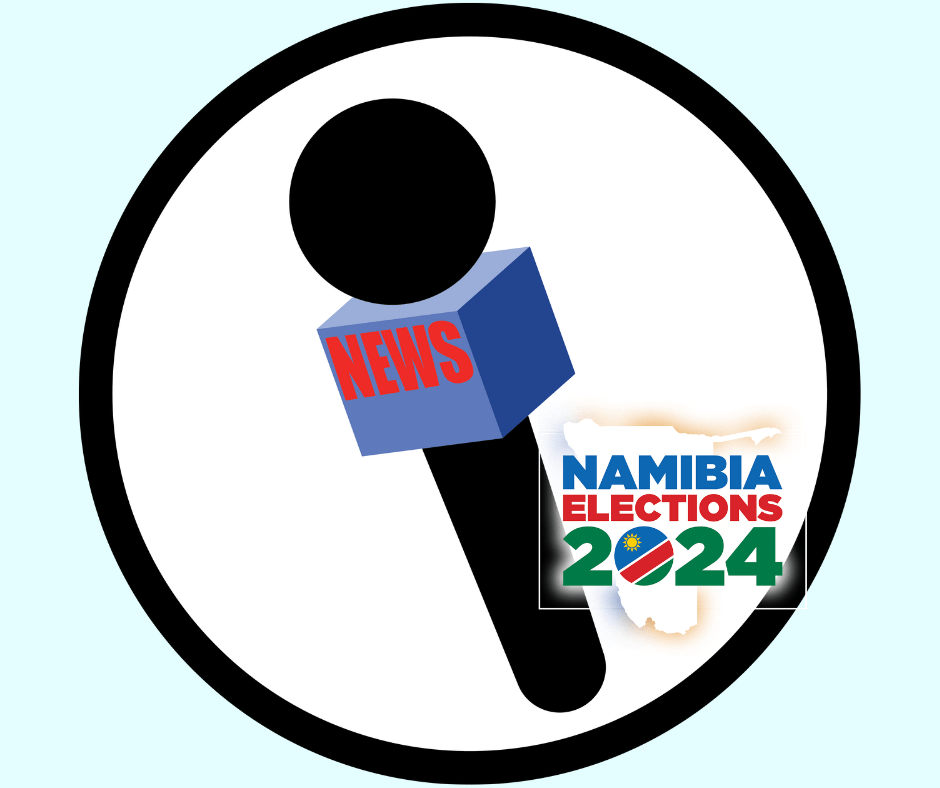IMAGE: Namibia Fact Check
There are ways for journalists to make their reporting more impactful around election-related topics and events. Here are some
As Namibia moves closer to what could turn out to be groundbreaking elections on 27 November 2024, local reporters need to be prepared to meet the news moment.
With the campaigns heating up, it is important for journalists and news media to help audiences understand what is happening and what it all means. Most people do not follow national or political events closely or all the time, so election periods could be quite informationally overwhelming. Journalists need to credibly and accurately help audiences or voters navigate the continuously evolving electoral information landscape.
Online Toolkits & Guides
The International Journalists Network (IJNet) has a really comprehensive Election Reporting Toolkit. The toolkit contains resources on everything from how to cover election fraud allegations to advice on covering unrest during elections.

Early in the year the Global Investigative Journalism Network (GIJN) issued its Revised Elections Guide for Investigative Reporters. The guide contains suggestions for tools and strategies to conduct investigations around elections, among other resources, including investigating candidates and political messaging.
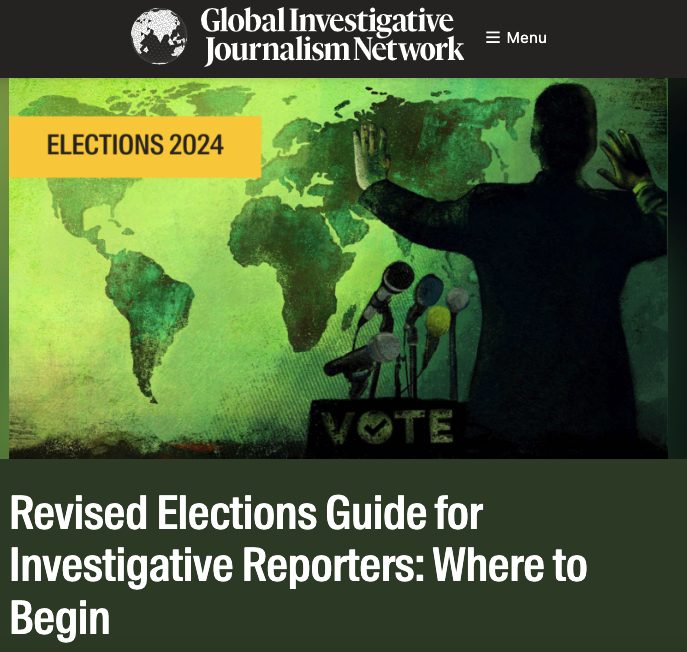
The South African National Editors’ Forum (SANEF) created a 2024 Elections Portal ahead of the elections in South Africa earlier in the year.
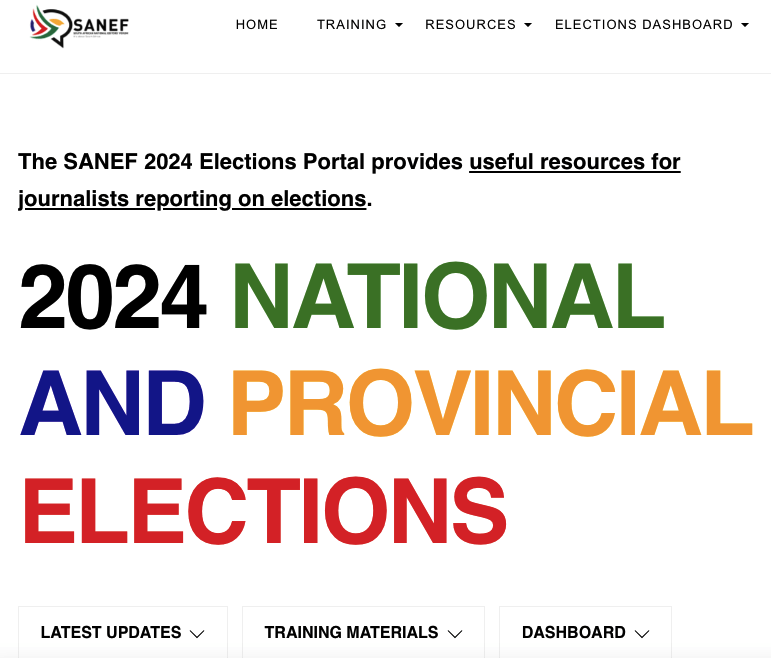
The Trusting News initiative has created a Election Trust Kit for reporters to help them improve the credibility of their election-related reporting.
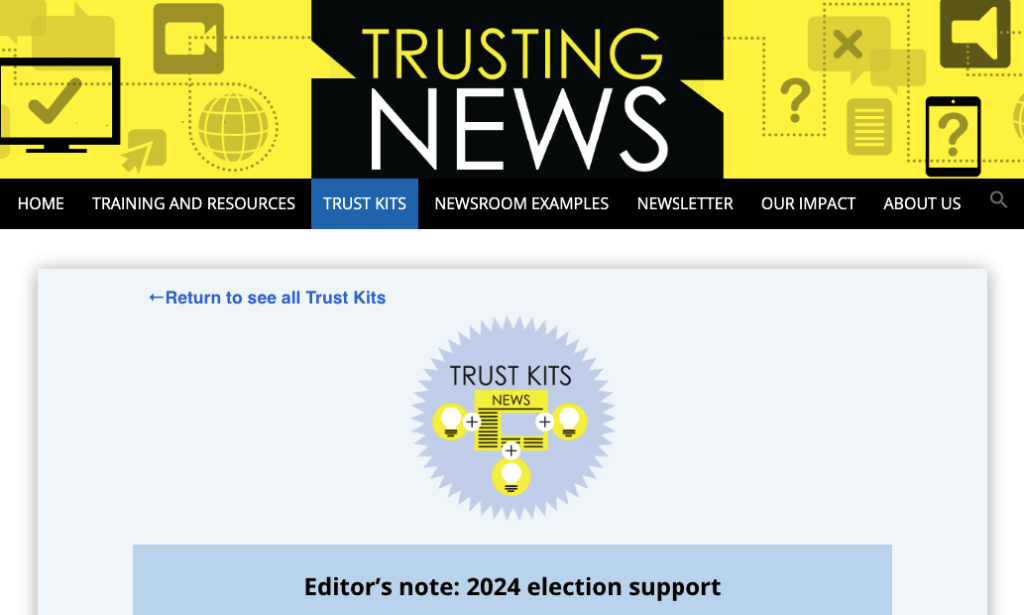
Election Reporting Handbooks
There are a number of election reporting handbooks out there, but the following are worth keeping close and consulting in order to improve election reporting.
Reporters Without Borders’ (RSF) Handbook for Journalists During Elections is a comprehensive resource worth bookmarking.
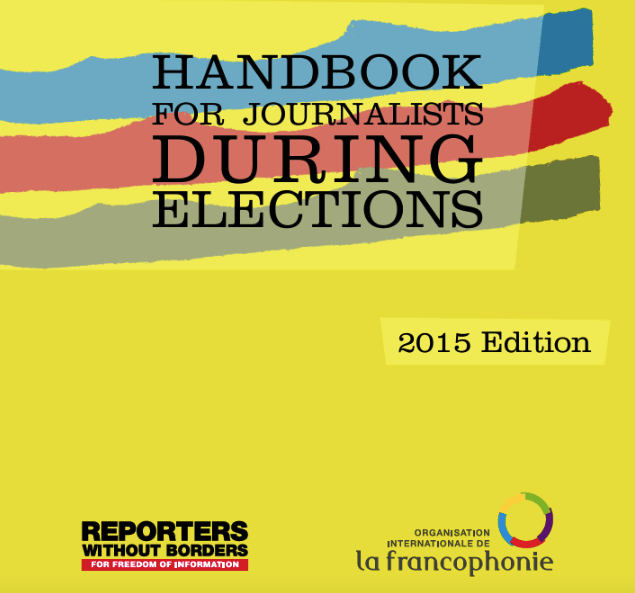
The International Media Support (IMS) Media and Elections: An Elections Reporting Handbook, while being old, is still a useful resource to consult around election reporting practices.
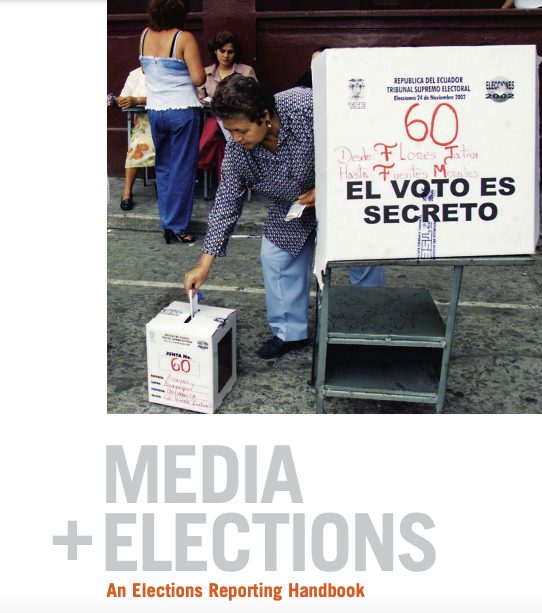
Africa No Filter and Fray Intermedia launched a How to Write About an African Election: A Guide earlier this year in order to assist African journalists in changing narratives around African elections.
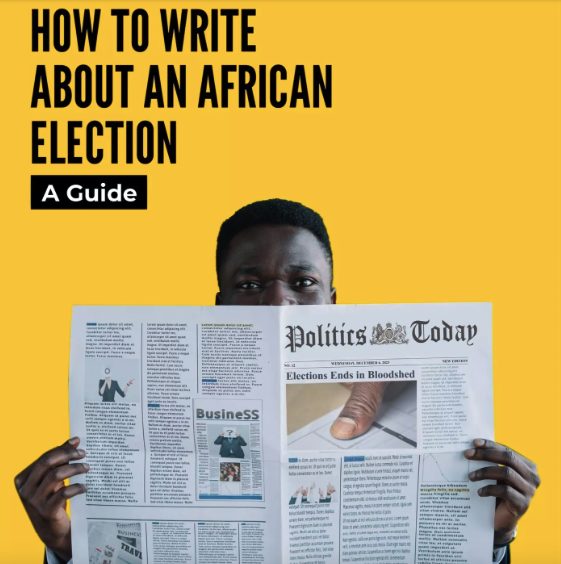
There is also the Election Reporting and Safety Guidelines handbook of the Media Institute of Southern Africa (MISA) that provides valuable lessons and learnings for reporters.
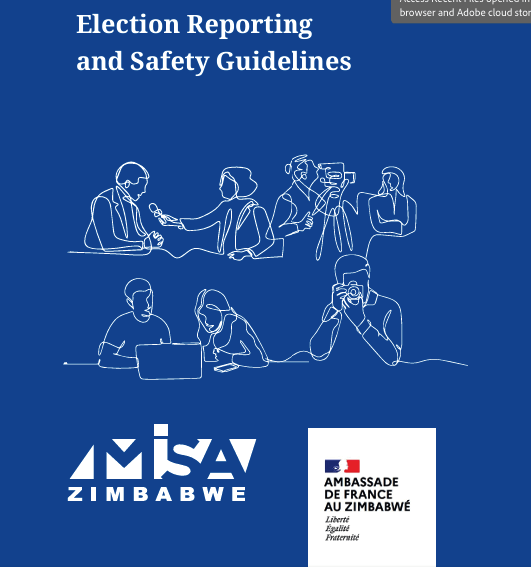
These toolkits, guides and handbooks, while general in approach, nevertheless contain a wealth of knowledge that can help Namibian journalists improve their election-related coverage.
This article will be updated as new resources become available.

